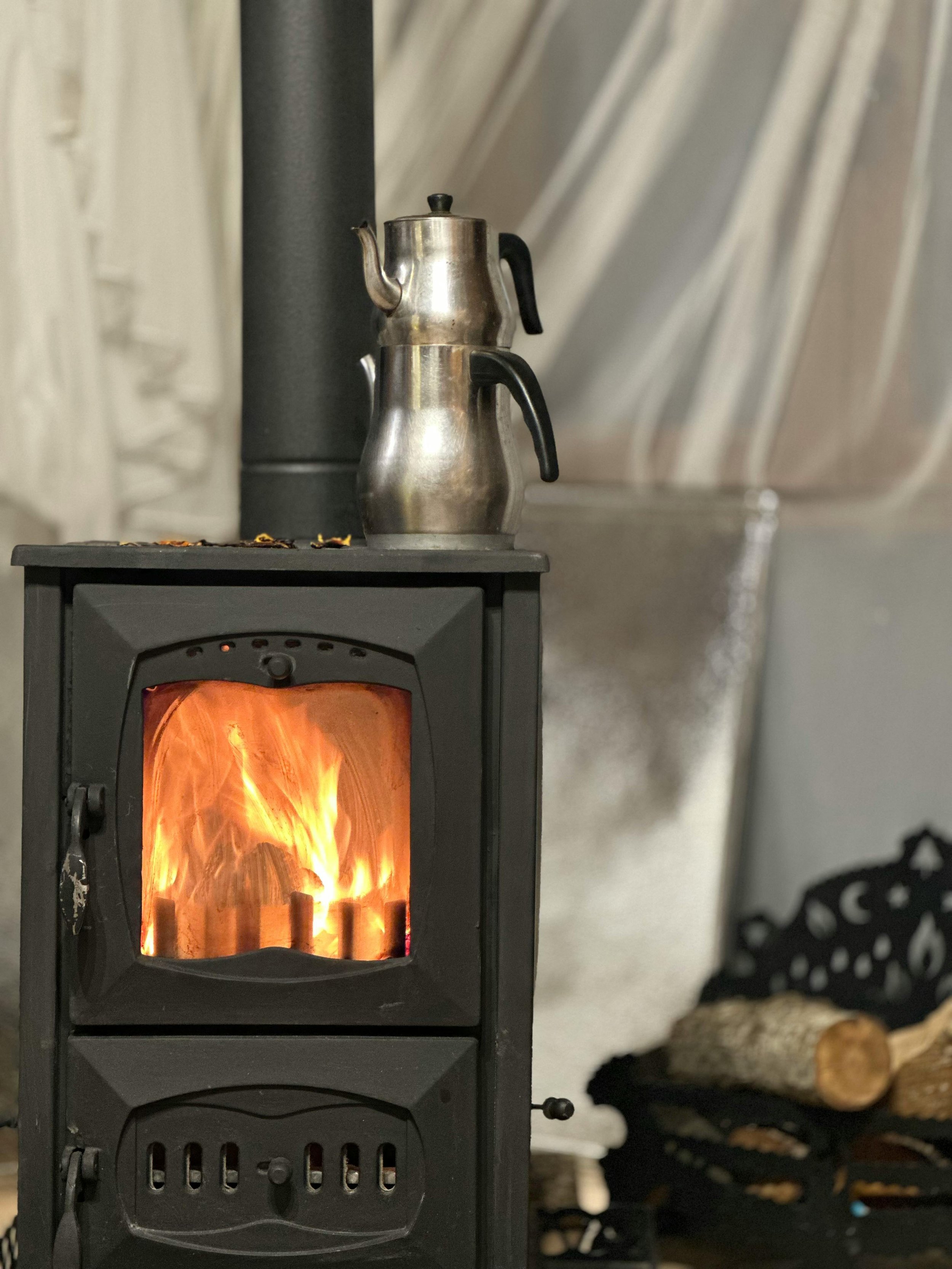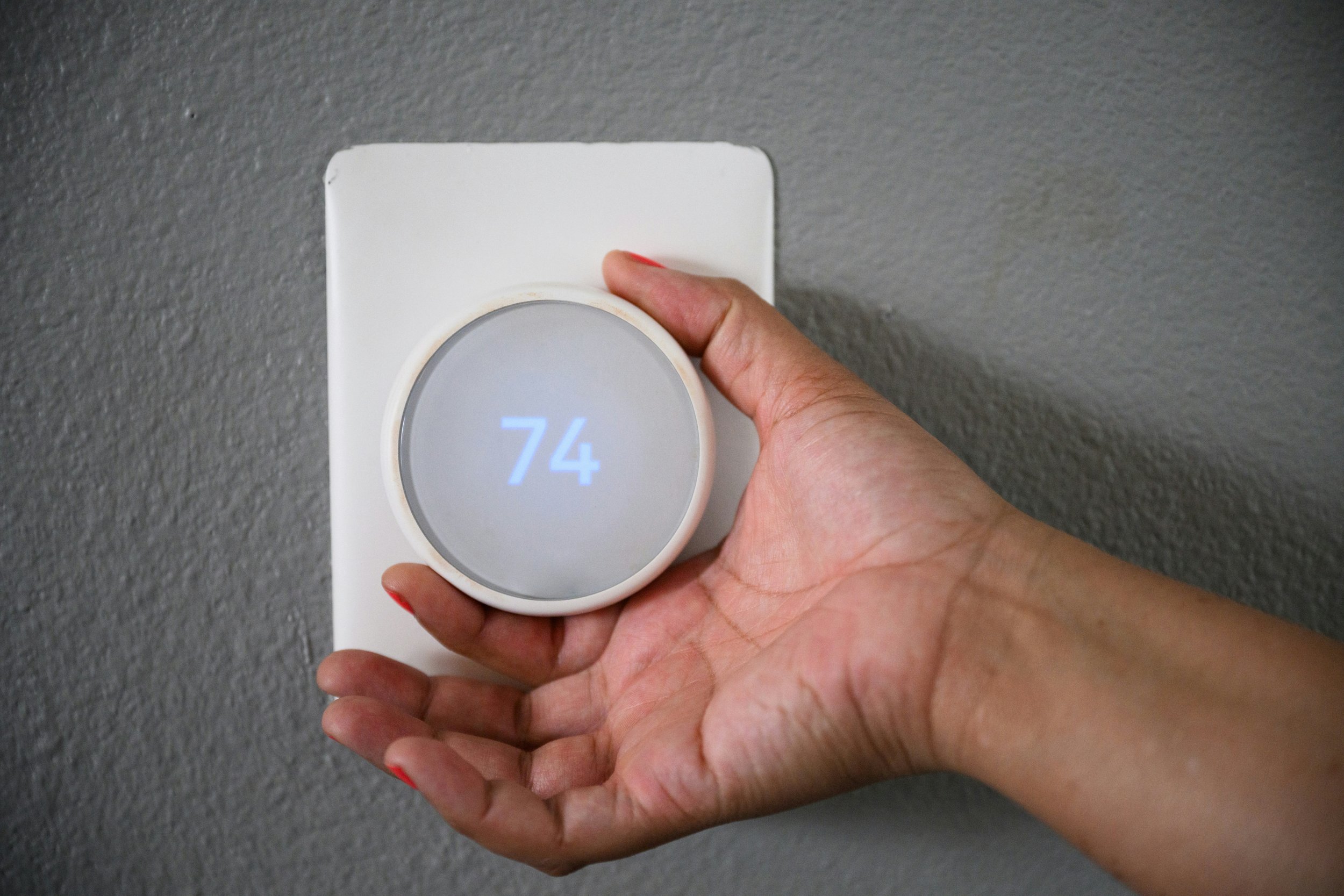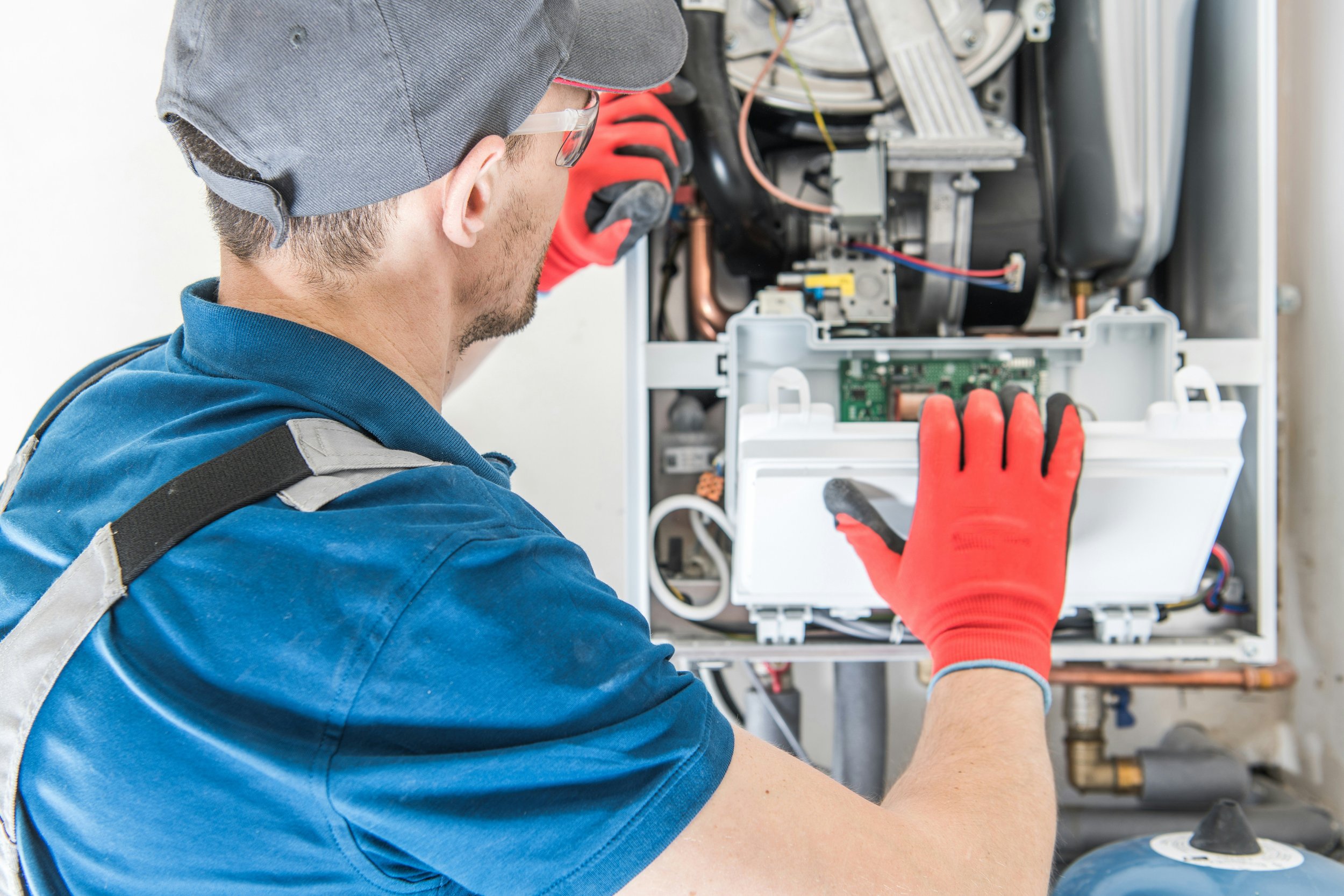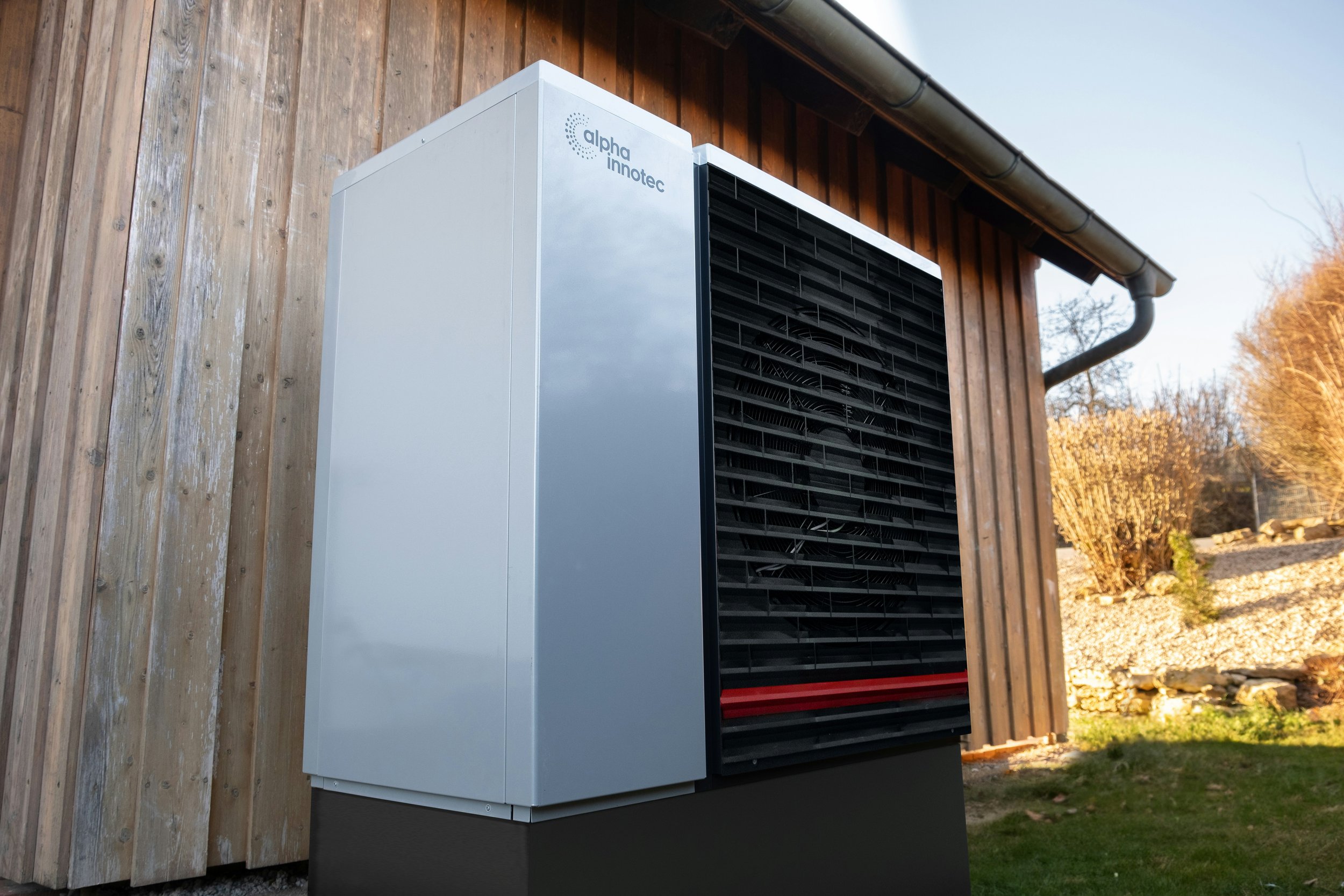Choosing the Right Furnace: An In-Depth Guide to Energy Efficiency and Comfort
Discover how to choose the right furnace with this in-depth guide on energy efficiency and comfort, ensuring optimal heating for your home year-round.
Feeling a chill? It might be time to think about upgrading your home’s heating system. Choosing the right type of furnace can make all the difference in maintaining a cozy home environment. This guide will explore various furnace types and their unique installation needs. By the end, you will be equipped with the knowledge to choose the right heating solution for your home.
Gas Furnaces - A Popular Choice
Gas furnaces are among the most common heating systems in homes today. They are powered by natural gas, which is burned to produce heat. This heat is then distributed throughout your home using a series of ducts. Gas furnaces are known for their efficiency, making them a popular choice for many homeowners.
One of the main advantages of gas furnaces is their cost-effectiveness. Natural gas is typically cheaper than electricity, which means lower energy bills. Additionally, gas furnaces tend to heat homes quickly, providing a consistent and comfortable temperature even on the coldest days.
However, gas furnaces require a connection to a natural gas line, which may not be available in all areas. They also need regular maintenance to ensure safety and efficiency. When considering a gas furnace, choosing a reliable furnace installation service is crucial to ensure proper setup and operation.
Electric Furnaces - Efficient and Versatile
Electric furnaces offer an alternative to gas-powered systems. They use electricity to heat elements, and a blower circulates the warm air through the ducts. These furnaces are a versatile choice, as they can be installed in any home with an electrical connection.
One benefit of electric furnaces is their simplicity in installation and maintenance. They do not require venting, as there are no combustion gases to be released. This feature makes them a safer and easier option for many homeowners. Additionally, electric furnaces have a longer lifespan than other furnace types.
However, the cost of electricity can be a significant drawback. In many regions, electricity is more expensive than natural gas, leading to higher utility bills. Despite this, electric furnaces can be a viable option in areas where natural gas is inaccessible or for homeowners looking for a lower initial installation cost.
Oil Furnaces - A Traditional Option
Oil furnaces are another type of heating system that has been used for decades. These furnaces burn heating oil to generate warmth, which is then circulated throughout the home. Although less common today, oil furnaces are still a reliable option in areas where other fuel sources are scarce.
One advantage of oil furnaces is their ability to produce significant heat, making them suitable for colder climates. They often provide consistent warmth, keeping homes comfortable even during severe winter. Additionally, the price of heating oil can fluctuate, potentially offering cost savings compared to other fuels.
Despite these benefits, oil furnaces come with their own set of challenges. They require a storage tank for the oil, which means additional space and potential maintenance. Furthermore, regular deliveries of heating oil are necessary, which can be inconvenient for some homeowners.
Propane Furnaces - Flexibility and Portability
Propane furnaces offer a unique blend of advantages, making them an appealing choice for certain homeowners. Like natural gas furnaces, propane systems burn fuel to produce heat. However, propane is stored in tanks, providing flexibility for homes without access to natural gas lines.
One key benefit of propane furnaces is their portability. This feature makes them ideal for rural areas or vacation homes with limited utility connections. Propane is also known for burning cleanly, producing fewer emissions than other fuels.
Similar to oil furnaces, propane systems require a storage tank. This means regularly monitoring fuel levels and arranging for propane deliveries. Additionally, the cost of propane can vary significantly based on location and market conditions.
Factors to Consider When Choosing a Furnace
Climate is a significant consideration, as different furnace types perform better in various conditions. For example, gas or oil furnaces may be more suitable for colder climates, while electric systems can provide sufficient warmth in milder regions.
Budget is another important aspect to consider. While some furnace types have a higher upfront cost, they may offer long-term savings through reduced energy bills. It is essential to weigh the initial investment against potential cost savings over the system’s lifespan.
Finally, consider your home’s infrastructure and available utilities. Not all areas have access to natural gas lines, and certain homes may not have the space for oil storage tanks. Understanding the limitations and possibilities within your specific location will guide you in selecting the best furnace for your needs.
The Role of Technology in Modern Furnaces
Modern furnaces incorporate cutting-edge features that enhance performance and benefit homeowners more. One such advancement is the development of smart thermostats. These devices allow precise control over your home’s temperature, enabling you to adjust settings remotely and even learn your heating preferences over time. Smart thermostats can significantly reduce energy consumption by optimizing heating schedules based on your daily routine.
Variable-speed blowers are another technological innovation found in modern furnaces. Unlike traditional blowers that operate at a single speed, variable-speed models adjust airflow based on the heating demand. This capability results in more consistent temperatures, reduced noise, and increased energy efficiency. Additionally, many modern furnaces are designed with improved air filtration systems. These systems help maintain indoor air quality by removing allergens, dust, and other particles from the air.
The Final Word on Furnace Installation
Understanding the different types of furnaces and their installation needs is crucial for making the best choice for your home. Each system offers unique advantages and challenges; selecting the right one requires carefully considering your situation. By investing in a reliable furnace installation service, you can ensure that your chosen system is set up correctly and operates efficiently. Professional guidance and support will help you enjoy the benefits of a well-chosen furnace, providing warmth and comfort for years to come.
Stay up to date with our latest ideas!
Exclusive deals just for our readers! Click below to unlock special offers and elevate your shopping experience!











